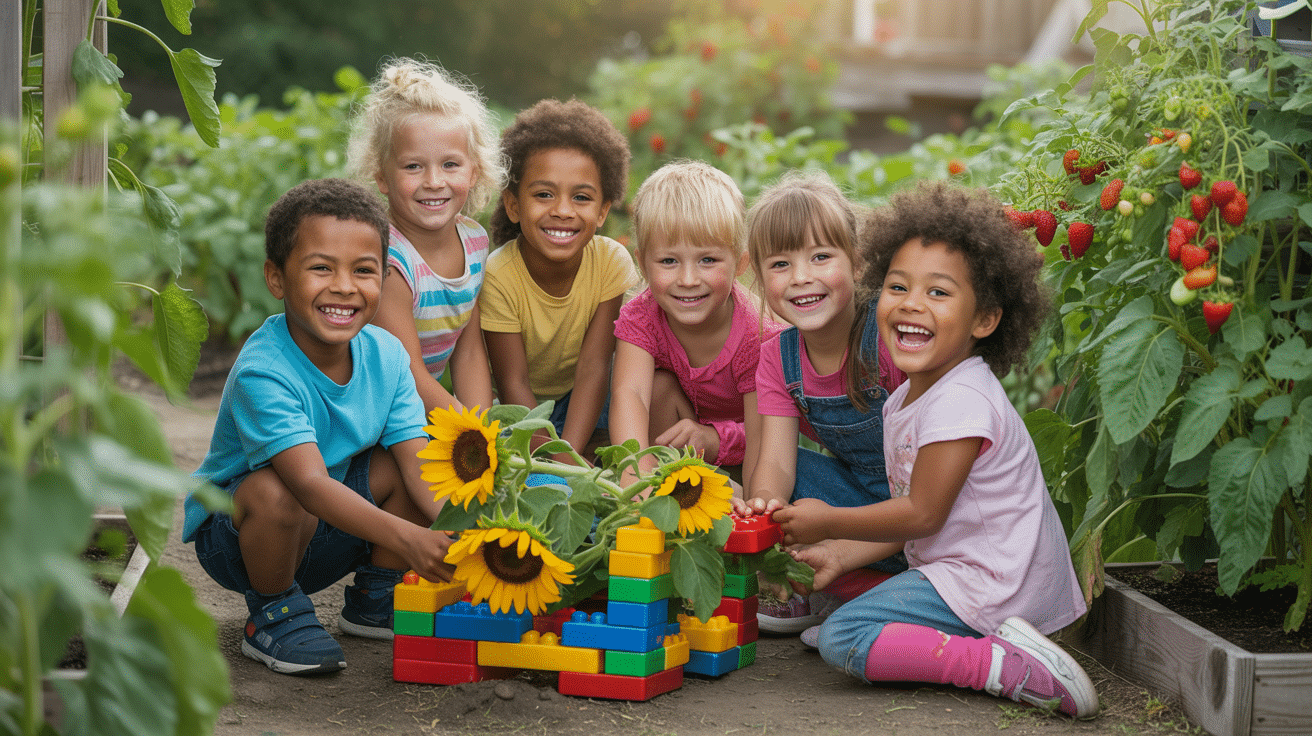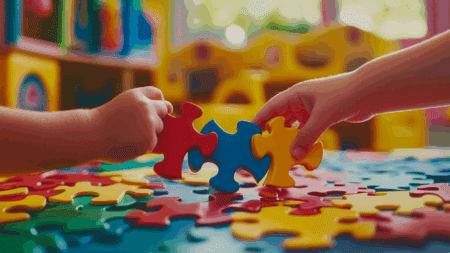Have you noticed how some children bounce back from setbacks while others struggle?
Parents often focus on grades and sports, but something less visible shapes a child’s future. That something is emotional strength.
Kids with solid emotional skills not only do better in school but also build healthier friendships and handle life’s ups and downs with greater ease.
What exactly makes up the emotional strengths of a child? This blog will show what these strengths look like in real life and offer simple, everyday ways to help children build the emotional toolkit they’ll need for a happy, balanced life.
What are the Emotional Strengths of a Child?
Emotional strengths are the helpful feelings and reactions that allow children to handle both good and tough moments in life. These strengths go beyond just knowing about emotions or stopping bad behavior.
Unlike general emotional smarts, which focus on recognizing feelings, emotional strengths build the ability to use those feelings in helpful ways. They’re not just about managing meltdowns but building inner resources for life.
Some key emotional strengths include empathy (feeling what others feel), patience (waiting without getting upset), and adaptability (being okay when plans change).
These skills form the foundation for how children connect with others and face challenges.
How Emotional Strengths Shape a Child’s World

Emotional strengths of a child form the foundation of their daily experiences. These inner abilities influence how children respond to challenges and build relationships with others.
When a child possesses strong emotional skills, they handle stress better and bounce back from setbacks more quickly.
Children with well-developed emotional strengths show greater confidence in social situations. They communicate their needs more clearly and understand others’ feelings with greater ease. This leads to stronger friendships and better family relationships.
These emotional abilities also impact learning and academic success.
Children who can manage their emotions focus better in school and work through problems more effectively. Parents and teachers notice improved behavior and increased participation in activities.
Key Emotional Strengths Every Child Possesses
The following table breaks down six key emotional strengths of a child that form the foundation of their emotional well-being.
Each strength works as a building block that helps children handle life’s challenges.
| Emotional Strength | What It Means | Real-Life Example |
|---|---|---|
| Resilience | The ability to recover from setbacks and try again | A child who loses a game but returns ready to play the next day without feeling defeated |
| Empathy | Understanding and sharing the feelings of others | A child who notices a classmate sitting alone and offers to play with them |
| Self-Awareness | Recognizing one’s own emotions and how they affect behavior | A child who can say, “I feel angry right now and need some quiet time.” |
| Impulse Control | The ability to think before acting and resist unhelpful urges | A child who wants to grab a toy but asks to share instead |
| Optimism | Maintaining hope and seeing possibilities even in hard times | A child who says, “I didn’t make the team this year, but I can practice and try again.” |
| Emotional Expression | Sharing feelings in healthy, clear ways | A child who can tell their parents they feel sad about moving to a new school |
These strengths can grow and change over time with the right support and practice opportunities in daily life.
Research-based Subtle Signs of Emotional Strength in Children
Emotional strength often appears in small moments that many adults miss.
A child who shares a snack with someone who forgot lunch shows natural empathy. Research by Paulus (2014) confirms that this prosocial behavior appears even in toddlers.
When a child admits to breaking a toy without being asked, they demonstrate healthy guilt that motivates honesty. Studies by Stuewig et al. (2010) show that this self-conscious emotion develops as early as preschool age.
Other signs include a child waiting patiently while upset or delaying treats for future rewards. The famous marshmallow test by Mischel, Shoda, and Rodriguez (1989) proves that self-control predicts long-term success.
When children try again after failing or ask for help when genuinely stuck, they show true resilience. Research by Spinrad et al. (2012) and Warneken & Tomasello (2007) supports these persistence patterns in young children.
Children with real emotional strength make choices on purpose. Unlike passive children who follow others to avoid trouble, emotionally strong kids think before they act.
They speak up when needed but don’t seek attention for doing the right thing. This quiet purpose sets them apart.
Emotional Skills Children Should Cultivate

Emotional strengths don’t appear by magic. They grow through daily practice and gentle guidance. Parents and teachers can help turn these inner abilities into real-life skills.
For Young Children (Ages 3-5):
- Name feelings using simple words like happy, sad, mad, or scared
- Take turns with toys and during games
- Try simple breathing exercises when upset
- Look at faces in books and talk about how characters might feel
For School-Age Children (Ages 6-9):
- Keep a simple feelings journal with words or pictures
- Practice listening to others without interrupting
- Learn to ask for help when feeling big emotions
- Play games that require waiting and taking turns
For Older Children (Ages 10-12):
- Talk about how their body feels during different emotions
- Discuss different ways to handle the same problem
- Practice positive self-talk when facing challenges
- Share feelings using “I feel” statements
Children who start building these skills early often find it easier to handle bigger challenges later.
Parents should remember that these skills grow over time. What might look like small steps today, like a child pausing before grabbing a toy, can grow into the self-control needed for harder choices later in life.
Takeaway
Building emotional strengths in children starts with small steps that grow into lasting abilities. These inner tools help kids face both today’s problems and tomorrow’s challenges.
Parents who focus on these skills give their children gifts that last longer than any toy.
The path isn’t always straight or simple. There will be tears, tantrums, and tough days. But with patience, adults can help children build these vital skills.
Start today by noticing one emotional strength your child shows. This simple recognition helps these qualities grow and sets children up for a lifetime of inner balance.




